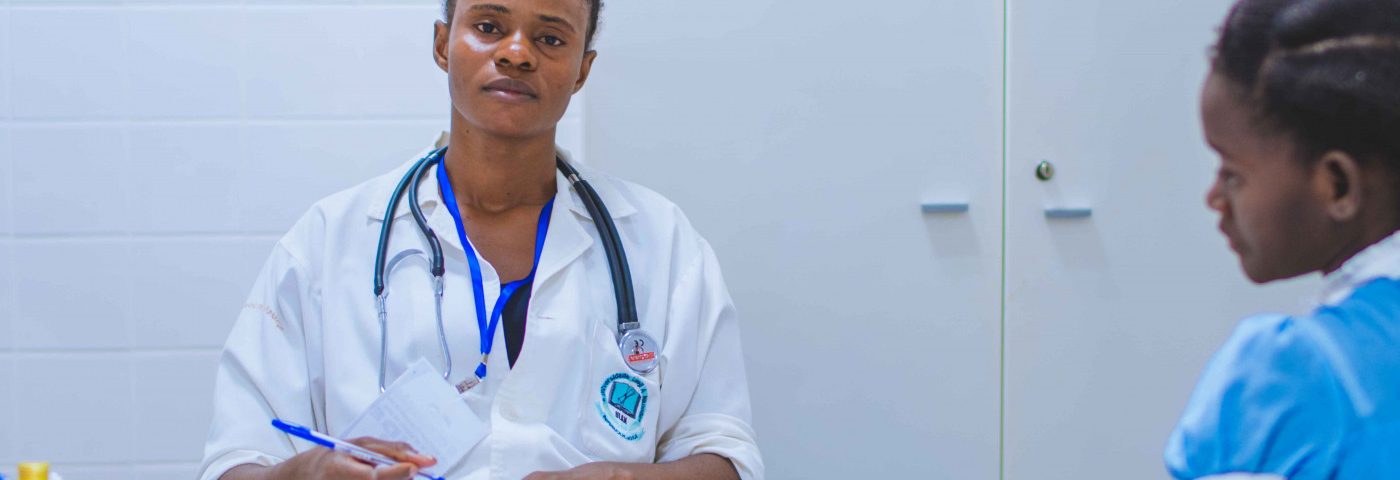Sellas Life Sciences has started screening acute myeloid leukemia (AML) patients for a Phase 3 clinical trial evaluating its experimental vaccine galinpepimut-S (GPS) as a second-line maintenance therapy for patients who are not eligible for a stem cell transplant, the company announced.
The open-label REGAL trial (NCT04229979) — to be conducted at roughly 50 clinical sites in the United States and Europe — will recruit about 116 AML patients in complete remission after a second-line treatment. More information, including contacts and locations, can be found here.
Patients in the trial will be randomly assigned to either the galinpepimut-S vaccine or physician’s choice of best available treatment. To be eligible, patients must be in full remission from their cancer, and may or not have normal platelet levels at the time of enrollment.
REGAL’s main goal is to determine whether galinpepimut-S extends patients’ lives compared with standard approaches. Secondary measures include the time patients live without their leukemia returning, immune response, measures of residual disease, and assessments of tumor microenvironment in bone marrow samples. Interim data is expected by late 2021.
Pending positive results, REGAL is anticipated to support the submission of a biologics license application to the U.S. Food and Drug Administration (FDA) requesting approval for galinpepimut-S as a maintenance treatment for AML patients responding to their second-line therapy.
“The commencement of our Phase 3 clinical trial marks an important milestone for Sellas, and reflects our continued commitment to developing GPS as a potential first-in-class WT1-targeting cancer vaccine for patients with AML,” Angelos Stergiou, MD, president and CEO of Sellas, said in a press release.
Galinpepimut-S is a cancer vaccine designed to target Wilms tumor 1 (WT1), a protein that is overproduced in a wide number of tumor types and considered the No. 1 target for cancer immunotherapy by the National Cancer Institute.
Originally developed by researchers at the Memorial Sloan Kettering Cancer Center in New York, galinpepimut-S consists of four small proteins that elicit a strong immune response against WT1. It also creates a kind of immune memory, allowing the immune system to eliminate cancer cells that return after treatment.
Launch of the Phase 3 trial follows the success of an independent Phase 2 trial (NCT00665002), where galinpepimut-S treatment for this indication extended survival by 10.9 months, compared with a group of paired patients treated with standard approaches during a similar time period.
Researchers in the trial, conducted at the Moffitt Cancer Center in Tampa, Florida, tested galinpepimut-S for the treatment of AML patients in complete remission after their first- or second-line therapy. They found that the 10 patients who received at least two galinpepimut-S as second-line maintenance lived for a median of 16.3 months, which was significantly longer than the 5.4 months seen in similar patients previously treated at Moffit with standard therapies.
The vaccine was overall safe and well tolerated, with most side effects being mild to moderate reactions at the injection site. Only one patient experienced a severe side effect, a drop in blood cell levels, which was temporary.
Galinpepimut-S was previously granted fast track and orphan drug designations by the FDA for the treatment of AML, malignant pleural mesothelioma, and multiple myeloma. The European Medicines Agency also named it an orphan drug for the same indications.

